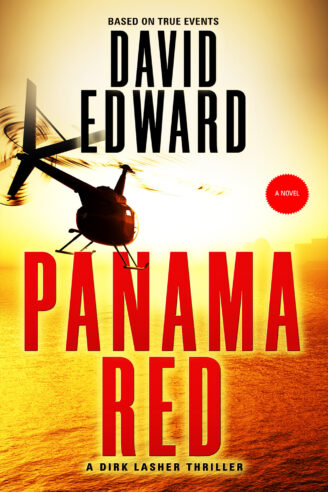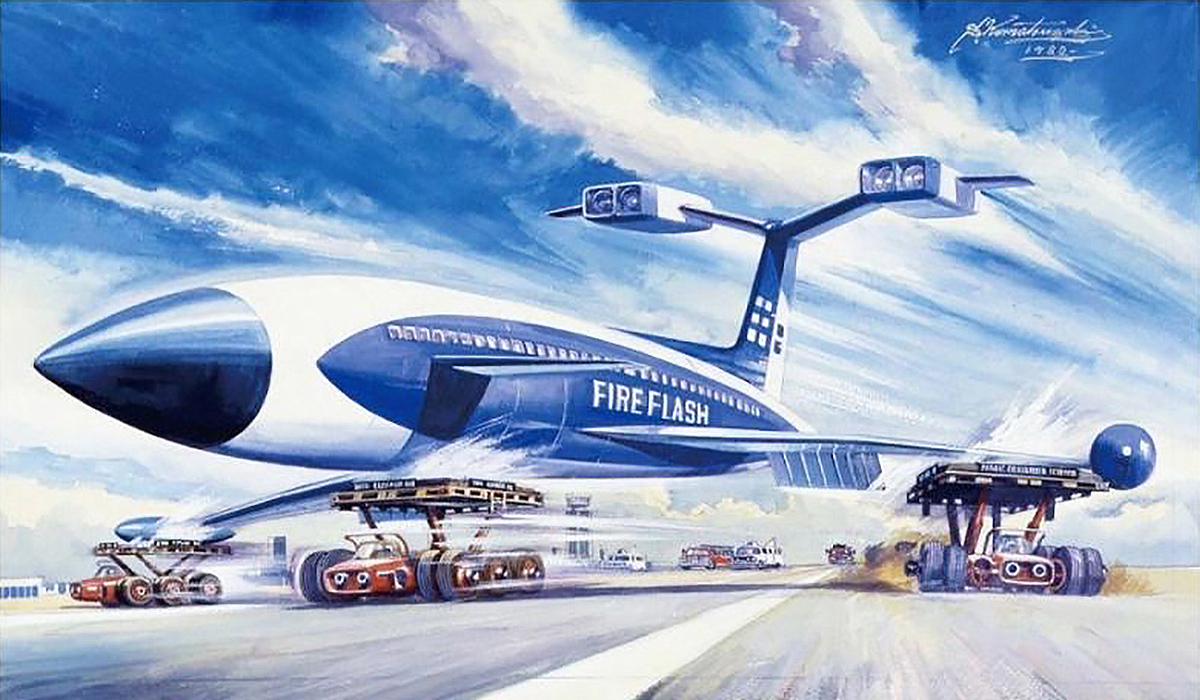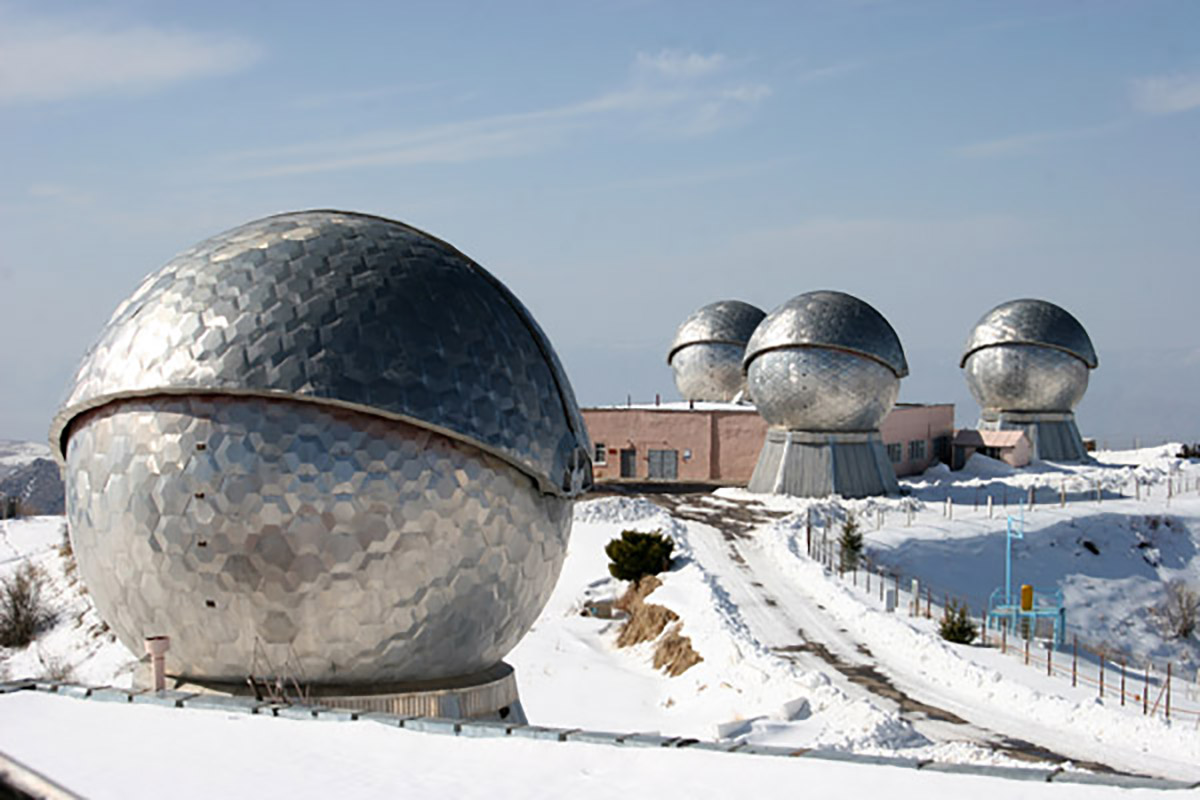One of my stranger memories from DISCON III, the 79th World Science Fiction Convention (I detail my experience in this article) was having a thriller novel from an author I had never heard of aggressively foisted upon me in the dealer’s room. The people behind the desk were quite friendly — I don’t mean to impugn their character — but they were certainly insistent that I take it. That book was David Edward’s Panama Red.
David Edward is a retired special agent for the United States Army turned writer. He has written science fiction and more grounded thrillers, of which Panama Red is the latter. His Amazon biography says that he “did have a Twitter account, but then he thought it was stupid so he canceled it,” which if anything makes me like him more.
Panama Red follows Dirk Lasher, a US Army special agent stationed in Panama City in the late 1980s. The title refers to a variant of cocaine spreading through the city, with connections to the smuggling operations of Pablo Escobar in neighboring Colombia. A faulty DEA operation, and increased smuggling activity throw, Lasher into the chaos of the Panamanian cocaine trade, and that’s where the adventure really begins.
Panama Red is not a perfect book, but it has some real strengths to it. The characters are overall well fleshed out, Lasher first among them, but with some real pathos behind them. Lasher also avoids the common thriller pitfall of racial caricatures; his Panamanians and his nonwhite Americans are just as human as his white characters. These characters inhabit a vividly drawn Panama, both urban and wilderness areas, where you can feel the sweat dripping down your skin.
His action is vividly drawn. It’s clear Edward is drawing from experience. There are both small-unit actions and helicopter scenes reminiscent of Apocalypse Now, except in a jungle on the other side of the world. This authenticity makes the story quite compelling.
Edward’s book is moral, albeit with a simple morality. The cartels are rightly portrayed as monsters, and the crime that is their modus operandi is portrayed in unflinching detail. Lasher’s moral compass drives much of the plot, and he has real sensitivity toward the people he is trying to save. It is by no means a nihilistic murder-fest that some thrillers become.
Somewhat frustratingly, this morality does not extend to the broader implications of the American presence in Panama. The country exists because of an American imperial adventure to build a canal that features prominently in the novel, but American responsibility for Panama’s woes is never addressed in detail. Normally I would not be too concerned, but Edward named a bumbling DEA agent after William Walker, so he must have some familiarity with these things. (Walker was an American mercenary who usurped the presidency of Nicaragua in 1856.)
The other major drawback to this book is the writing; Edward’s sentence construction is good, but the otherwise tight plot is frequently interrupted to explain the minutiae of military life or weaponry. This has the effect of grinding the narrative momentum to a halt. It sometimes reminded me of David Weber or Harry Turtledove at their most verbose.
It makes Panama Red a flawed but enjoyable thriller with a well-realized 1980s Panama. Those into that genre will be well served by its narrative. It is good fun, pure and simple.





